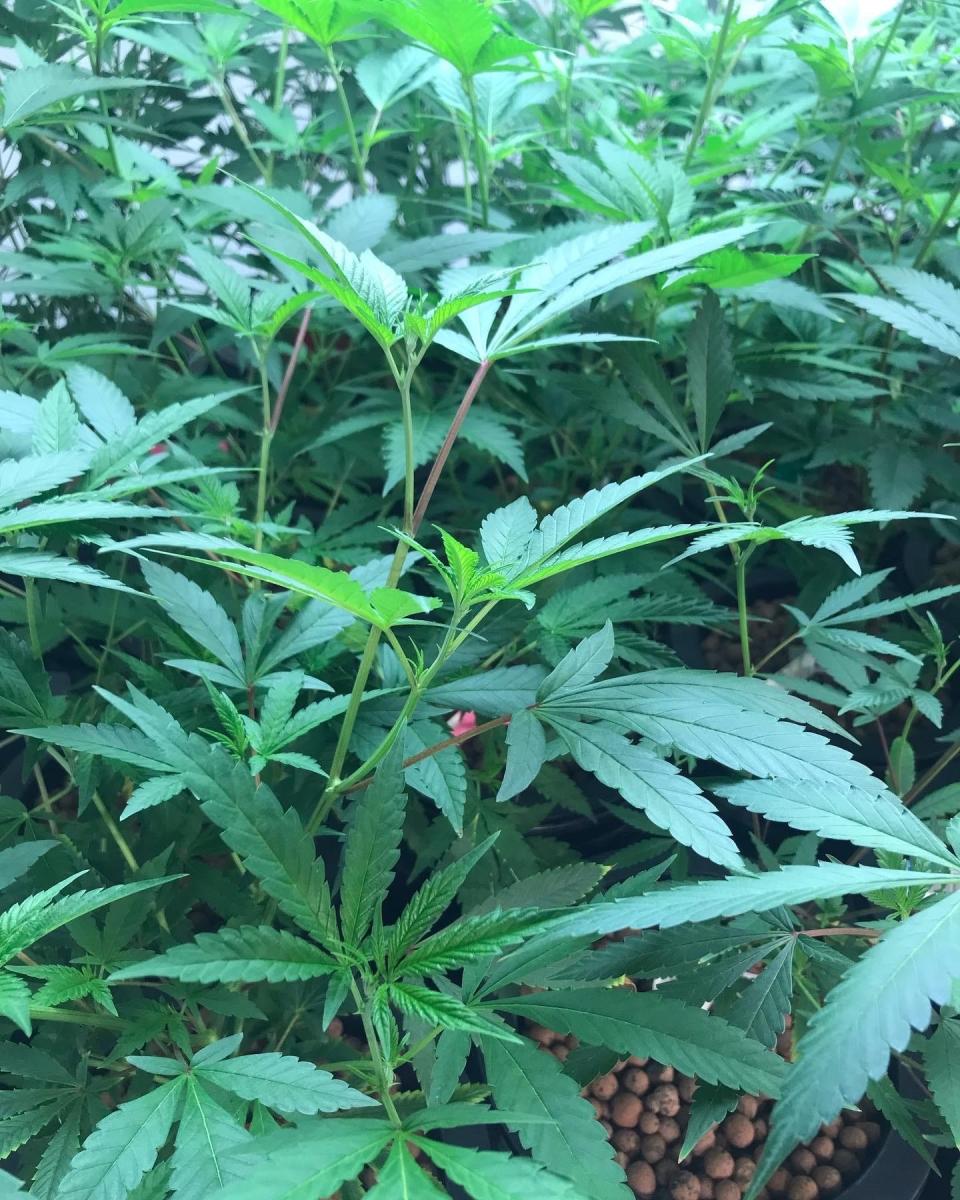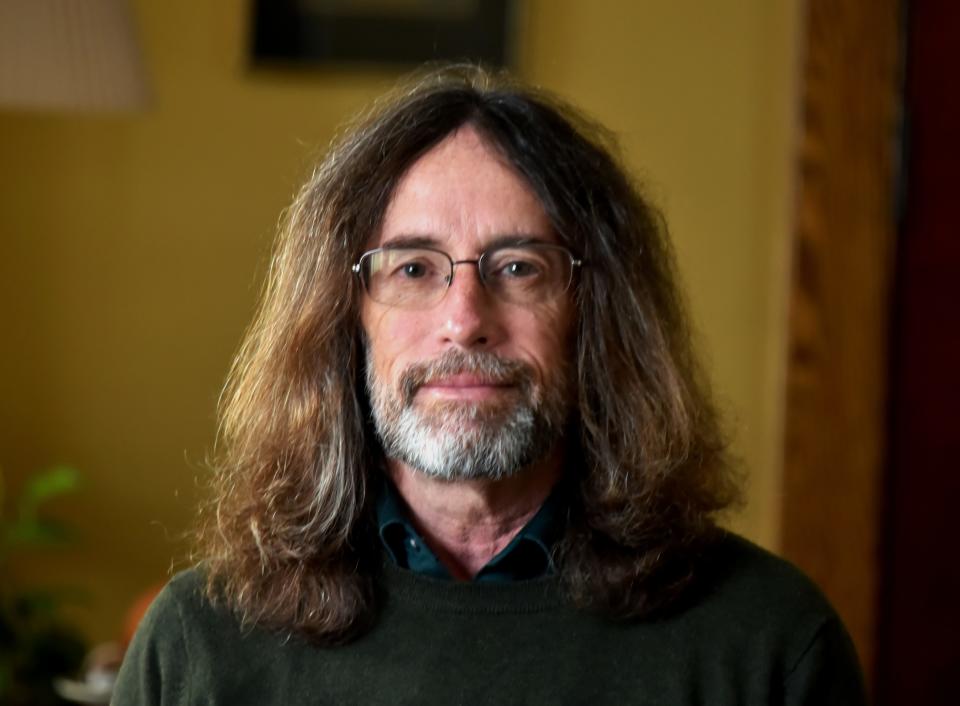Delaware should legalize cannabis. Legal weed improves public safety | Opinion
Our communities deserve accountable and responsible regulation of cannabis, also known as marijuana. A regulated cannabis market will help our law enforcement partners stay laser focused on addressing violent crime rather than arresting Delaware residents for cannabis possession.
That is why HB1 and HB2 are so critically important. HB1 will end criminal charges for personal possession of less than an ounce of cannabis, and HB2 will create a regulated, legal industry for cannabis sales overseen by a state oversight committee. As a former Wilmington police officer, an FBI unit chief, and a professor in criminology for more than two decades, I believe these bills represent a major win for public safety and opportunity in our Delaware neighborhoods.
Prohibition forces people in the cannabis trade onto an illicit market that is besieged by gun violence to resolve disputes that legal businesses handle in court. Legalizing and regulating cannabis sales will deal a devastating blow to organized crime by redirecting its profits back into the communities that have been harmed the most by the illicit market through a state Justice Reinvestment Fund. Regulating the industry and reinvesting in our communities will likely create thousands of dignified jobs for our state’s young people, as it has in other states, empowering them to avoid a life in organized crime.

Last year, the regulated legalization of cannabis was blocked by the governor’s office, which claimed that regulated sales could result in more crime. However, once our officers are no longer burdened with policing cannabis possession, they will have more time to focus their attention on working with communities to end the conditions that give rise to violent crime. We know this is true because other places have seen it work in practice. A causal analysis of legalization in Denver, Colorado found that neighborhoods around retail cannabis businesses saw a near 20 percent decline in crimes of all categories. There is also evidence that states neighboring other states that have legalized cannabis experience do not experience any increase in crime or cannabis-related offenses.
These bills offer our communities a critical opportunity to educate adults on driver safety as well. Evidence from other states has shown that legalization does not increase the number of cannabis-related traffic fatalities. And in fact, HB2 would give our state an Oversight Committee that can help educate drivers about the harms of driving under the influence, as Massachusetts has done successfully.
Legalization also represents a win for preventing adolescent cannabis use. A study of the state of Washington found that among middle school and high school aged youth, use fell between 10% and 20% following legalization. This is because legal cannabis facilities require proof of age whereas the illicit market does not. This made it far more difficult for young people to access cannabis by putting illicit distributors out of business.
In light of this evidence, HB1 and HB2 represent a way for us to refocus police resources on what matters most: helping communities recover from decades of unjust conditions that give rise to violent crime and social hardship. Ending prohibition is not just a statement against this injustice, but it will also likely weaken the organized crime that distributes cannabis so recklessly and irresponsibly despite decades of criminalization. Our communities deserve a regulated model in the name of public safety and opportunity.
Dr. James Nolan is a professor of Sociology and Anthropology at West Virginia University, speaker with the Law Enforcement Action Partnership, a former lieutenant with the Wilmington Police Department and unit chief with the Federal Bureau of Investigation.

This article originally appeared on Delaware News Journal: Delaware General Assembyl legal weed 2023

